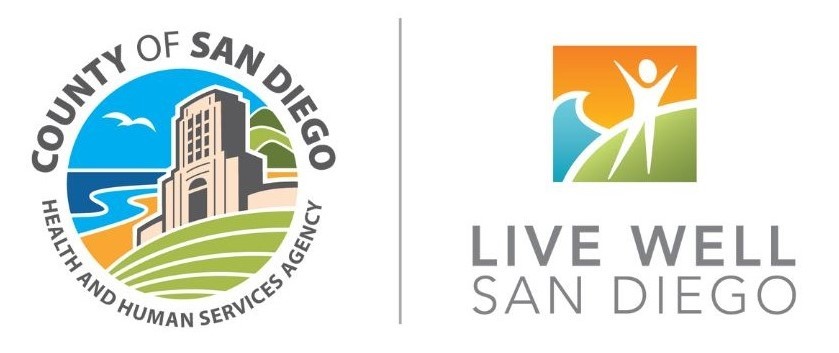-
Departments
-
A-C
- Agriculture, Weights and Measures
- Aging & Independence Services
- Animal Services
- Assessor/Recorder/County Clerk
- Auditor/Controller
- Behavioral Health Services
- Chief Administrative Office
- Child and Family Well-Being
- Child Support Services
- Citizens Law Enforcement Review Board
- Civil Service Commission
- Clerk of the Board of Supervisors
- Communications Office
- County Counsel
-
D-H
- District Attorney
- Economic Development and Government Affairs
- Emergency Services
- Environmental Health and Quality
- Equity and Racial Justice
- Ethics and Compliance
- Evaluation, Performance, and Analytics
- Finance and General Government Group
- County Fire
- General Services
- Grand Jury
- Health & Human Services Agency
- Housing and Community Development
- Human Resources
- J-P
- R-Z
-
A-C
- I Want To...
- Government
- Residents
- Business
- Jobs
- CLOSE MENU
CALL CENTER: 800-339-4661

Select a language using the Google™ Translate feature above to change the text on this site into other languages. *We cannot guarantee the accuracy of any information translated through Google™ Translate. This translation feature is offered as an additional resource for information.
Seleccione un idioma usando la función Google ™ Translate de arriba
para traducir este sitio.
使用上面的Google™翻译功能选择一种语言来翻译此网站.
Chọn ngôn ngữ bằng tính
năng Dịch Google ™ ở trên để dịch trang web này.
Pumili ng isang wika gamit ang tampok na Google ™ Translate sa itaas
upang i-translate ang site na ito.







